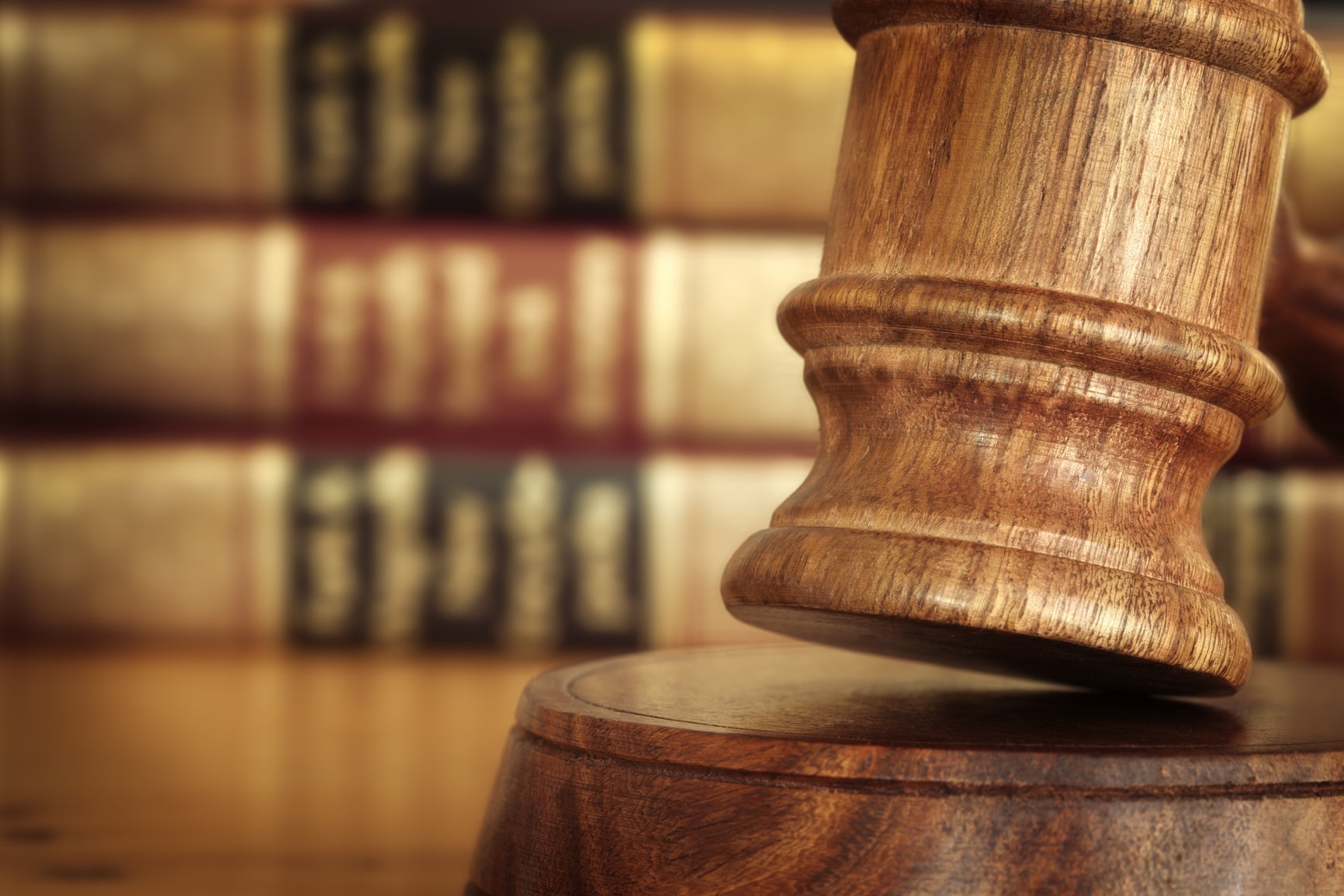
Civil rights, the cornerstone of democracy and justice, continue to be a critical focus in the modern world. While significant progress has been made over the decades, contemporary society faces a new set of civil rights challenges. These challenges, often intertwined with broader social and political issues, require ongoing vigilance and advocacy to ensure equality and justice for all.
Civil Rights Challenges
Racial inequality remains a profound civil rights issue in many countries. Disparities in areas such as education, employment, housing, and the criminal justice system disproportionately affect racial and ethnic minority groups. The Black Lives Matter movement, for instance, has highlighted the urgent need to address systemic racism and police violence.
The struggle for LGBTQ+ rights continues as advocates work to ensure equal rights and protection against discrimination in various aspects of life. This includes issues such as marriage equality, transgender rights, and ensuring that LGBTQ+ individuals are treated with dignity and respect in all settings.
Despite progress in gender equality, challenges persist, particularly in areas like the gender pay gap, representation in leadership roles, and combating sexual harassment and assault. The #MeToo movement and efforts to close the gender pay gap have drawn attention to these issues.
Immigrants and asylum-seekers face civil rights challenges related to detention, family separation, and the denial of asylum. Advocates work to ensure that individuals fleeing persecution have a fair chance to seek refuge and asylum without discrimination.
Ensuring equitable access to the ballot remains an ongoing civil rights challenge. Voter suppression efforts, gerrymandering, and restrictive voting laws disproportionately affect marginalized communities. Advocates strive to protect and expand voting rights for all citizens.
Civil rights for people with disabilities involve ensuring equal access to education, employment, public spaces, and transportation. Challenges include issues of accessibility, accommodations, and combating discrimination against individuals with disabilities.
Indigenous communities continue to fight for their land rights, self-determination, and protection of cultural heritage. Disputes over land, resources, and sovereignty rights are central to these contemporary civil rights challenges.
In the digital age, the balance between individual privacy and national security is a civil rights issue. Questions about government surveillance, data privacy, and the protection of personal information challenge civil liberties in the modern world.
Economic inequality remains a civil rights concern. Advocates work to address disparities in wealth, access to education, and economic opportunities, which can disproportionately affect marginalized communities.
Environmental justice intersects with civil rights as marginalized communities often bear the brunt of environmental hazards and pollution. Advocates fight for equitable environmental policies and protections.
Contemporary civil rights challenges are multifaceted, reflecting the evolving social and political landscape. The struggle for civil rights continues, requiring dedication, advocacy, and legal action to address these challenges and ensure that the principles of equality, justice, and freedom are upheld for all individuals, regardless of their background, identity, or circumstances. Civil rights advocacy remains a vital force in shaping a more just and equitable society.
If you believe your rights are being violated, don’t hesitate to reach out to a Washington, D.C. civil rights lawyer from Eric Siegel Law. They can provide crucial legal guidance and representation to help protect your rights and seek the justice you deserve. Your rights are worth defending, and an experienced attorney can be your advocate in upholding them
Civil Rights FAQs
We put this resource together to help people understand how rights-based claims work and what steps may be available when those rights are violated. Civil rights law shapes many parts of daily life, from employment and housing to interactions with public agencies and law enforcement. These issues matter because they involve a person’s ability to live, work, and move through their community without unfair treatment. Our Washington DC civil rights lawyer can attest that clear information often helps individuals feel more confident when considering their next steps.
What Legal Protections Apply When Someone Faces Discrimination At Work
Employment laws prohibit actions based on protected traits such as race, gender, religion, disability, national origin, and age. When someone is treated worse than others because of a protected trait, that treatment may fall under discrimination. Our job often involves reviewing what happened, identifying the policies that apply, and determining whether the conduct involved a harmful employment action. We may look at pay decisions, promotions, discipline, workplace assignments, or termination. In some situations, a pattern of unfair conduct can also point to a violation. Our trusted team helps people understand whether the conduct they experienced qualifies as unlawful discrimination under civil rights protections.
How Do We Know If A Police Encounter Violated Someone’s Constitutional Rights
A police encounter may cross the line when force is unreasonable, when someone is detained without a lawful basis, or when a search happens without the required safeguards. Our Washington civil rights lawyer reviews reports, statements, and available recordings to understand the circumstances. The standard often depends on whether the officer’s conduct was justified based on what they knew at the time. We also look at whether the actions interfered with constitutional protections such as freedom from unreasonable searches or the right to due process. Each situation is different, and a careful review helps identify whether a rights violation occurred.
What Steps Should Someone Take After Experiencing Discrimination Or Harassment
People should first write down what happened, who was involved, and when the conduct occurred. It also helps to keep emails, messages, or documents related to the events. Reporting the issue inside the workplace or to the appropriate agency can be an important part of the process. We often support people by reviewing how the conduct unfolded and advising them on which protections may apply. A record of events gives us a stronger foundation for evaluating the situation and determining what legal avenues may be available.
How Long Does Someone Have To File A Civil Rights Claim
Deadlines vary depending on the type of claim, the agency involved, and where the conduct occurred. Some claims must be filed within months, while others may allow more time. Because the timeline can differ across agencies and courts, our team reviews the facts quickly to help someone understand the deadlines that apply to their situation. Missing a deadline can limit available options, so taking early action usually helps maintain the widest range of choices.
What Types Of Damages May Be Available In A Civil Rights Case
Damages depend on the harm someone experienced. These may include lost income, emotional harm, or out-of-pocket losses related to the incident. In some situations, additional damages may apply when the conduct was particularly harmful. Our Washington civil rights lawyer focuses on showing how the violation affected someone’s life and clearly documenting those losses. The goal is to make a strong connection between the conduct and the harm suffered.
Contact Us Today
In civil rights matters, each situation deserves careful attention and clear guidance. If you believe your rights were affected, we encourage you to reach out to us at Eric Siegel Law. With over thirty years of combined experience, we can talk through what happened and discuss how we may support you moving forward.

